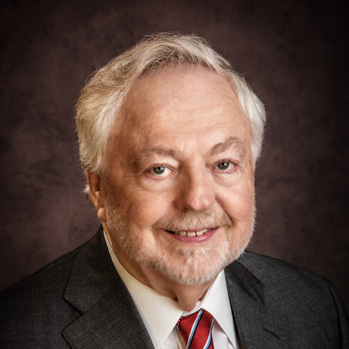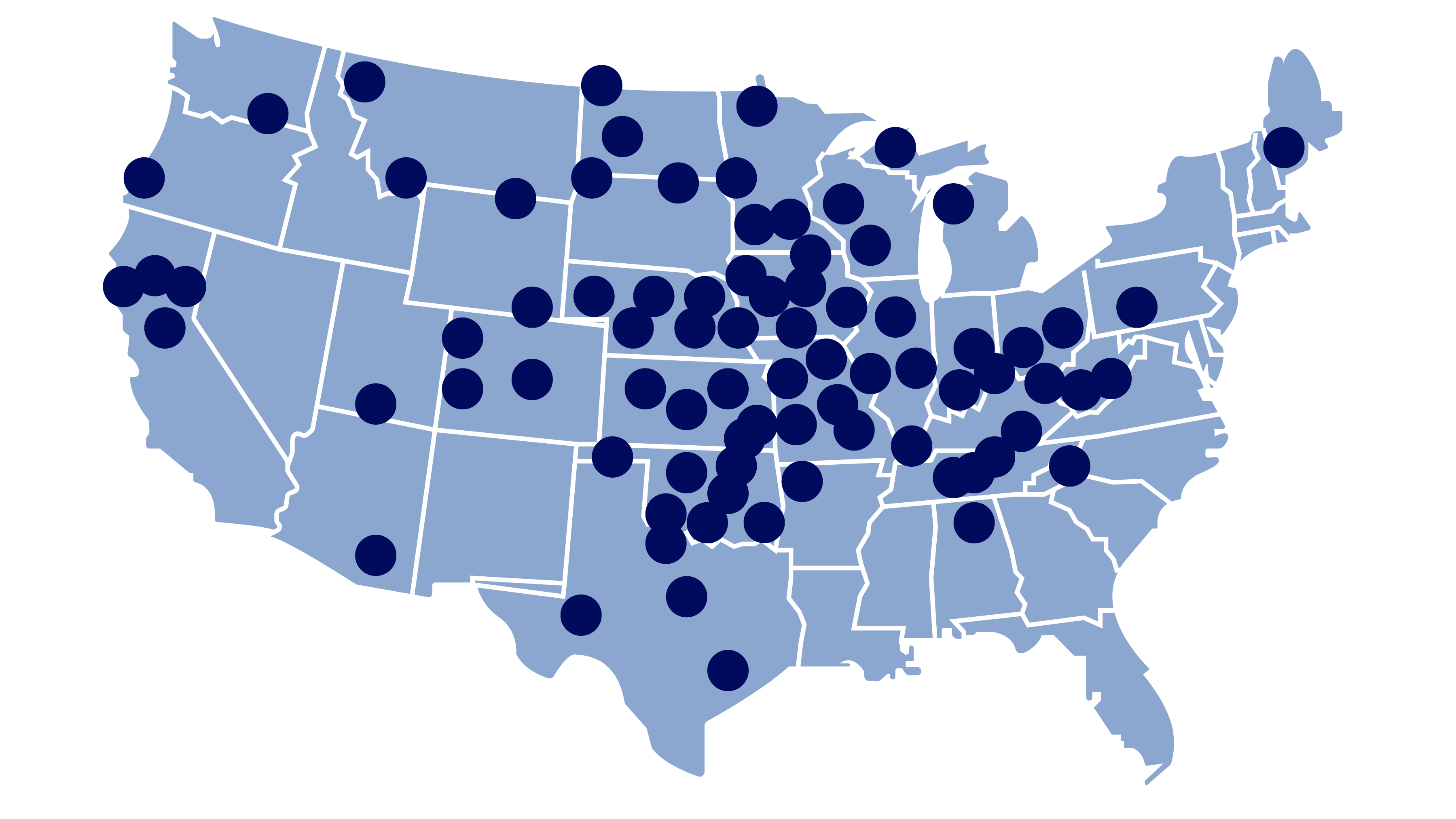Senior Life Solutions Outcomes
Participants in our outpatient behavioral health program gain coping and communication skills and the confidence they need to live a healthier, happier life. Here’s a look at our average patient outcomes.
- 36% overall improvement at discharge.
- 56% improvement on the geriatric depression scale.
- 51% improvement on the clinical outcomes in routine evaluation scale.
- 19% improvement on the Zung anxiety scale.
News: The outpatient behavioral health program at Oceans Behavioral Hospitals in Louisiana yielded an 84% reduction in hospital readmissions and 58% reduction in ER visits, reducing costs and increasing positive health outcomes for patients.
Get More Information

About Senior Life Solutions
Senior Life Solutions was started in 2003 by Dr. James A. Greene, who specialized in geriatric psychiatry and devoted his life to helping older adults in rural communities. Today more than 160 hospitals across the country offer Senior Life Solutions programs. These programs are managed by Psychiatric Medical Care and combine psychiatry with group and individual therapy.
Program participants attend up to three group therapy sessions per week, either at the hospital or online. Our teams provide weekly health assessments, medication management, and individual therapy.
Our Reach

150+
Senior Life Solutions Programs
35+
States
A True Hospital Partnership
When your hospital partners with Senior Life Solutions you gain the support of Psychiatric Medical Care. Together we can address the needs of your community and improve the quality of life of older adults while providing a financial benefit to your hospital.
Our management services include:
A Patient’s Guide To Senior Life Solutions
Aging brings many joys — more time with family and freedom in retirement — but our older years can also bring difficult life transitions, the loss of loved ones, or stress from age-related health concerns.
At Senior Life Solutions, we individualize our patient care plans to meet your patients’ specific needs. Our services include group, individual, or family therapy, along with mental health evaluations, community resources, and after-care planning. If applicable, we will consult your patients’ primary care physicians regarding medication changes. Patients meet up to three times per week with our caring, multidisciplinary team of registered nurses, board-certified psychiatrists, and licensed therapists.
Our program is designed to help individuals experiencing any of the following:
- Recently experienced a traumatic event
- Lost a spouse or close family member
- Loss of interest in previously enjoyed activities
- Changes in appetite
- Difficulty sleeping
- Loss of energy
- Feelings of sadness or grief lasting more than two weeks
- Feelings of worthlessness or hopelessness
Senior Life Solutions Program Staff
Each Senior Life Solutions program includes a board-certified psychiatric provider, a licensed therapist, a registered nurse, and other trained professionals to ensure patients receive the best possible care.
Learn more about how Senior Life Solutions works in rural hospitals.
Contact UsHow Do Referrals Work?
Referrals to the Senior Life Solutions program can be made by anyone, including a patient’s physician, family members, other care professionals or the patient themselves.
Group Therapy For Older Adults
Following an individual assessment, participants meet up to three times per week in a supportive, encouraging group therapy setting. These sessions allow each patient to gain a greater understanding of him or herself and have the opportunity to create relationships with other people who may be facing similar challenges. During group therapy, patients will engage in open conversation guided by a licensed therapist and learn new skills to support their mental health wellness for the remainder of their lives.

A Growing Need For Mental Health Services In Rural Areas

Residents in rural areas are less likely to receive timely and appropriate treatment for a mental health condition than those in urban settings. This is largely due to the fact that much of the nation is facing a mental health provider shortage. Approximately 77% of U.S. counties have a shortage of mental health providers, according to data from KFF. Residents in these places must drive an hour or more to reach a behavioral health provider. Any available mental health services might be underutilized because of difficulty in finding care or the burden of traveling to receive care.
The number of Americans ages 65 and older will reach 82 million by 2050, according to the Population Reference Bureau. Demand for behavioral health care is expected to rise as more people reach this age group. Approximately 14% of adults aged 60 and over live with a mental disorder, according to the World Health Organization. Loneliness and social isolation are key risk factors for mental health conditions in later life. As people age, and experience reduced mobility, chronic pain, loss of a loved one and other age-related issues their risk for mental health conditions increases. Yet many older adults in rural communities don’t have access to mental health support.
Elderly individuals often face a myriad of challenges, ranging from the emotional toll of bereavement or financial strain following retirement to the pervasive issue of ageism, which undermines their contributions to society and can detrimentally impact their mental well-being. Moreover, the prevalence of social isolation and loneliness among older demographics, affecting approximately a quarter of this population, poses significant risks to their mental health.
Additionally, many older individuals find themselves shouldering the responsibilities of caring for spouses with chronic health conditions like dementia, a duty that can take a heavy toll on their mental health due to its demanding nature.
Furthermore, certain segments of the elderly population are particularly vulnerable to depression and anxiety due to adverse living conditions, poor physical health, or limited access to adequate support and services. This includes older adults residing in humanitarian contexts, those grappling with chronic illnesses such as heart disease, cancer, or stroke, individuals contending with neurological conditions like dementia, as well as those struggling with substance use disorders.
Senior Life Solutions presents a solution in rural communities. We use evidence-based treatment to help older adults develop coping and communication skills to better manage symptoms of a mental health condition.
If you or someone you know is in need of a behavioral health placement, behavioral health referral, or experiencing a mental health emergency or crisis, please do not use this website. Instead, use these crisis resources to speak with someone now or access local support.



